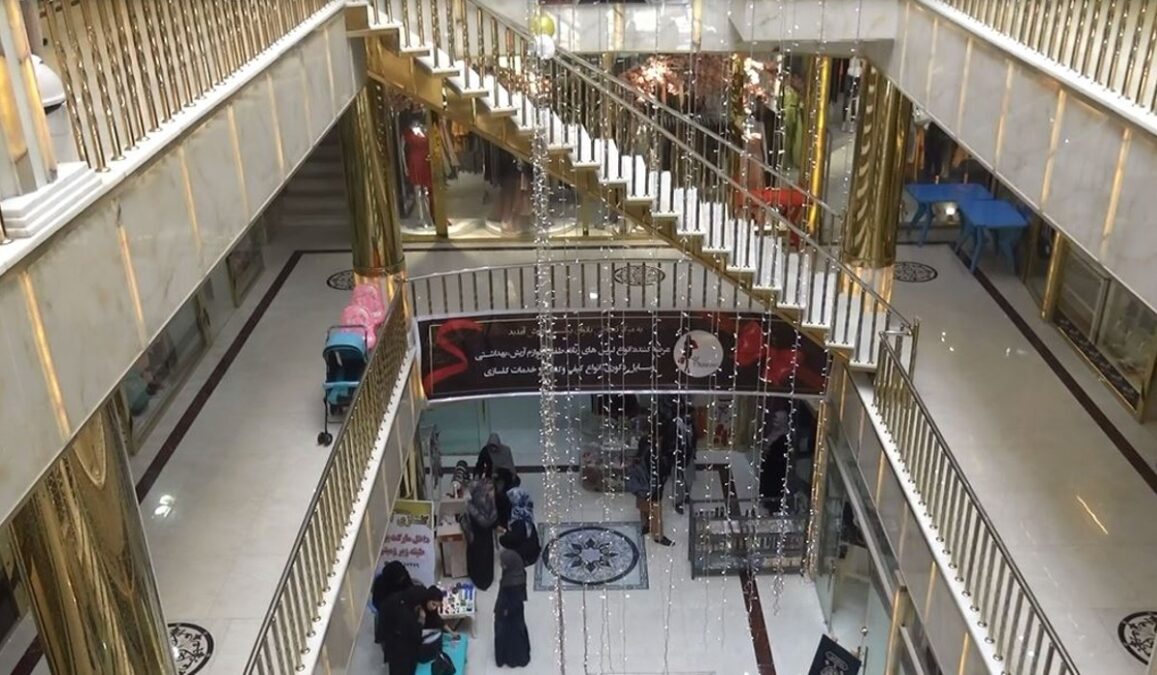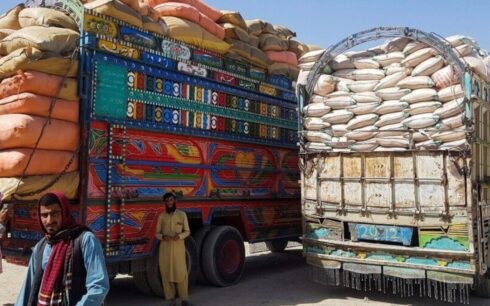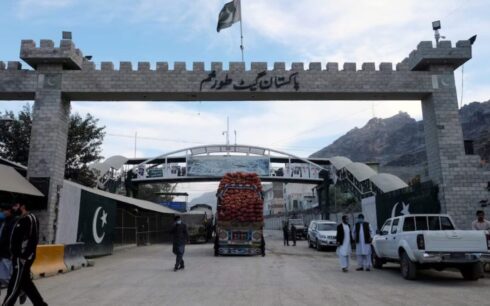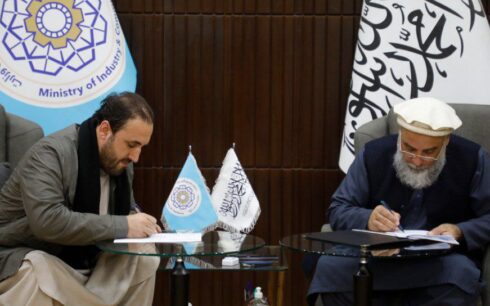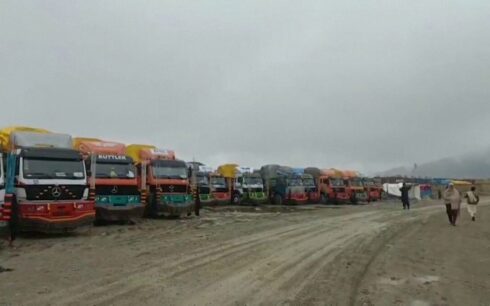A shopping center exclusively for women has opened in Herat city allowing them to not only run their businesses from there but also allowing women to shop within the facility.
The aim of this is to promote investment among women and to support female entrepreneurs.
This comes amid a growing list of restrictions being imposed on women in Afghanistan by the Taliban. Not only are teenage girls banned from attending school, but they are also now restricted over which university faculties they can join. They are also barred from traveling alone, are forced to wear full hijab, and can no longer visit parks and gyms.
In early October, the World Bank projected a low economic growth for Afghanistan and said the Taliban’s restrictive policies on women’s education and work will lower Afghanistan’s growth prospects.
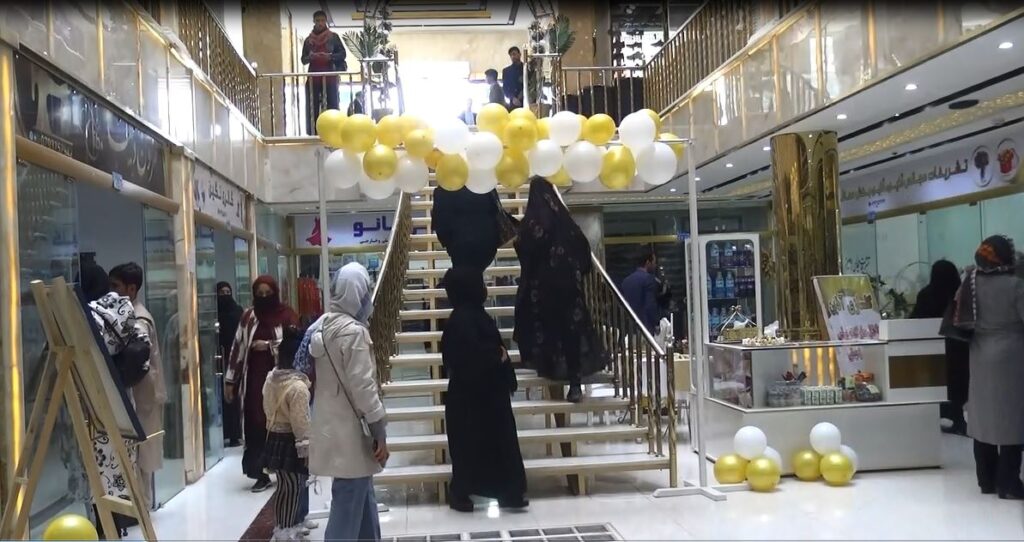
In a bid to find solutions to the problem, the business community in Herat came up with the idea of a women-run shopping center. According to women’s chamber of commerce and industry members in Herat, this new center is actually the second in the city and about 40 women have established shops where they sell handicrafts, cosmetics, dresses and other products.
“Women are selling their own, handmade products such as dresses, and cosmetics, cooking utensils and local food,” said Narqis Hashemi, chairperson of the women’s chamber of commerce and industry in Herat.
She said the market is a suitable opportunity for women to run their small and medium businesses.
The Prince Trade Center for Women has six levels and encompasses 420 square meters of area where 13 shops have been allocated for women on the ground floor.
The rent is free for the first six months and thereafter they will pay 50%, about 6,000 AFN ($68), per month.
Women who have opened shops in the center welcomed the opportunity and said they were very happy about the move.
“Some women were not feeling comfortable when shopping in general markets but now they can calmly buy their required goods and the market can have a good impact on households’ economy,” said Razia Ahmadi, a shop owner in the center.
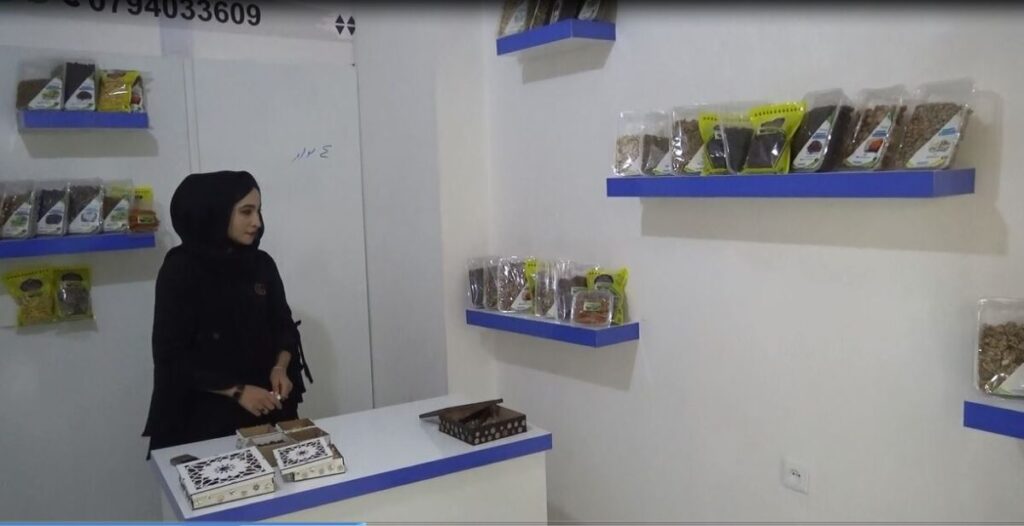
“I have established a florist shop and I can explore my talents here,” said Usra, another woman.
Figures show that at least 500 women have small and medium businesses in Herat, and sell goods such as clothing, utensils, food and handicrafts.
Thousands of women have lost their jobs in different sectors, including the media, in small, medium and large businesses, government institutions and non-governmental organizations, over the past 15 months after the fall of the previous government.
A Herat resident, Mohammad Hashimi, welcomed the move and said women need to be provided with more opportunities to play an active role in society.

